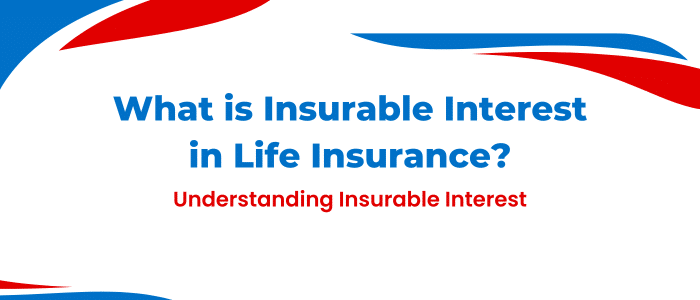You need insurable interest when the policy starts. This step ensures the policy’s purpose is genuine. But once the life insurance policy is active, you don’t need to maintain the insurable interest for the whole policy duration.
Examples of Insurable Interest
Here are some examples:
- A wife insures her husband because she depends on his income.
- A company insuring a key employee whose skills are vital to the business.
Legal Side of Insurable Interest
The laws about insurable interest can differ a lot between places. For example, some states in the U.S. have stricter rules than others. Past court cases also influence how these rules are understood.
Problems with Proving Insurable Interest
Proving insurable interest can be tough sometimes. Issues often arise when the relationship between the policyholder and the insured person isn’t clear. In such cases, providing documents or showing evidence of financial or emotional dependence is needed.
Insurable Interest vs. Beneficiary Designation
It’s important to tell the difference between insurable interest and beneficiary designation:
- Insurable Interest: Required when the policy starts, showing that the policyholder has a real stake in the insured person’s life.
- Beneficiary Designation: This is about who gets the policy’s payout when the insured person dies, and it can be changed at any time by the policyholder.
Impact on Policy Validity
If there’s no insurable interest, the policy can become invalid. This is why insurance companies check applications carefully to ensure this requirement is met. If it’s found to be missing after the policy has started, the policy can be contested and possibly canceled, causing problems for the policyholder and the intended beneficiaries.
How Insurable Interest Changes Policy Terms
Insurable interest impacts the policy’s terms:
- Coverage Limits: Higher insurable interest might justify higher coverage amounts.
- Premium Rates: The type of insurable interest can affect the risk assessment and the premium rates.
Changing Insurable Interest
Life changes, such as divorce or changes in business partnerships, can affect insurable interest. Policies often have options through riders to adapt to these changes, ensuring ongoing compliance and coverage.
Insurable Interest in Different Types of Life Insurance
Different life insurance types treat insurable interest differently:
- Term Life Insurance: Focuses on insurable interest at the policy’s start and usually covers shorter periods.
- Whole Life Insurance: Covers the insured for their entire life, needing initial but not ongoing proof of interest.
- Universal Life Insurance: Offers flexible premiums and coverage, with initial insurable interest as a starting requirement.
Worldwide Views on Insurable Interest
Around the world, the concept of insurable interest varies:
- Some countries have stricter laws, requiring insurable interest to exist for the policy’s entire duration.
- Other countries have looser regulations, mainly focusing on the policy’s start.
Conclusion
Insurable interest is a fundamental part of life insurance, making sure policies are taken out for valid reasons, not for speculation or fraud. Understanding this concept helps policyholders navigate life insurance complexities and choose the right and valid coverage.
FAQs
1. What happens if insurable interest is lost? If insurable interest is lost after the policy starts, it remains valid. But if it’s found that there was no insurable interest at the beginning, the policy can be voided.
2. Can friends have an insurable interest in each other? Usually, friends don’t have an insurable interest in each other unless they can prove a financial or emotional dependency that’s legally justified.
3. How does insurable interest affect policy payouts? Insurable interest doesn’t directly affect the payout amount but ensures the policy is valid. Without it, a policy could be challenged or canceled.
4. Is insurable interest required for all types of insurance? Insurable interest is mainly required for life insurance but is also important in other types, like property and casualty insurance, to prevent speculative risks.
5. Can insurable interest be challenged after the policy is issued? Yes, if an insurer or beneficiary thinks there was no insurable interest at the policy’s start, they can challenge the policy’s validity, which might lead to legal disputes.
